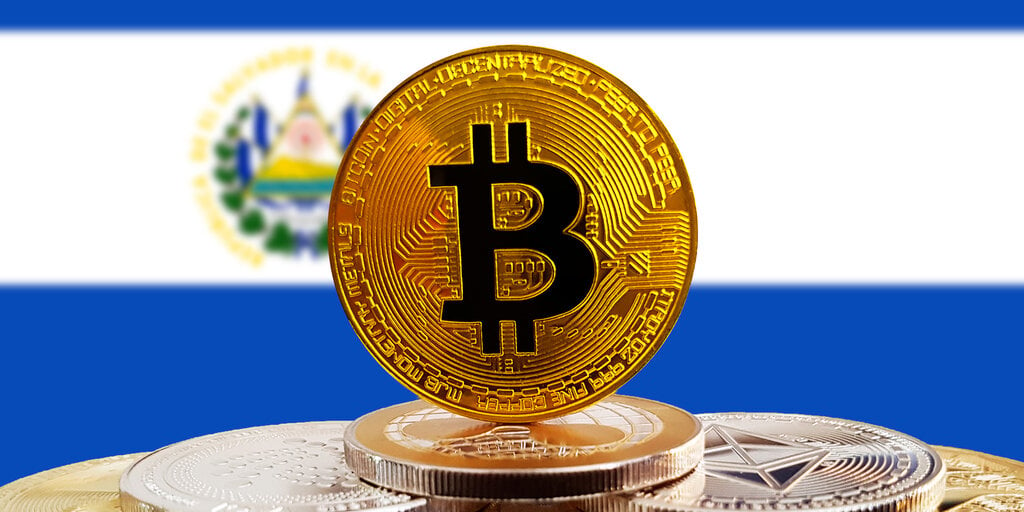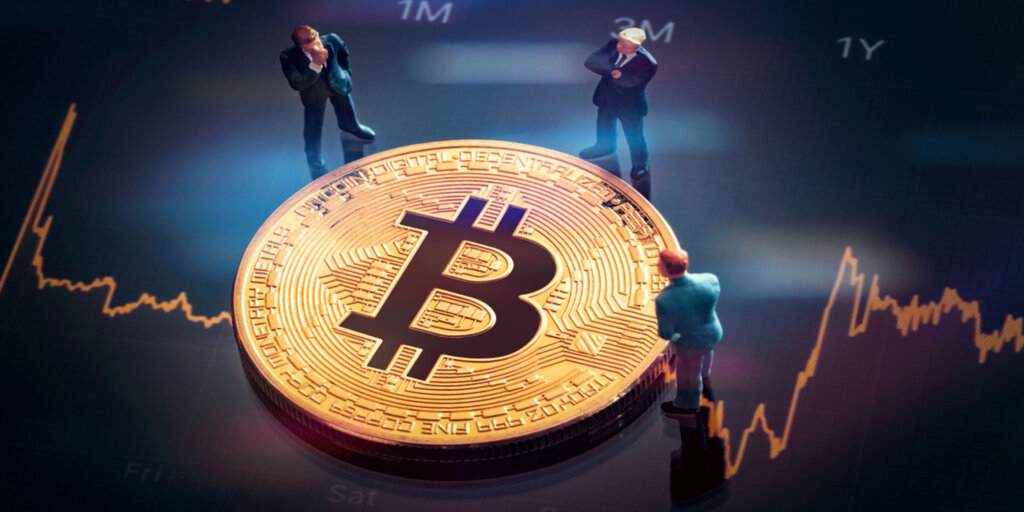In Brief
- El Salvador added 32 Bitcoins last month, totaling 6,161.18 BTC valued at $584 million.
- The nation remains compliant with IMF restrictions by purchasing outside the fiscal sector.
- The IMF is conducting its first program review focused on fiscal reforms and economic stability.
El Salvador’s Bitcoin accumulation continues under the watchful eye of the IMF. Despite President Nayib Bukele's government formally pausing public sector Bitcoin purchases to meet IMF loan conditions, the country's Bitcoin Office has been surreptitiously expanding its national reserves.
In the past month alone, El Salvador has acquired another 32 BTC, worth over $650,000, maintaining its “one Bitcoin a day” policy.
Under a $1.4 billion loan agreement signed in December, El Salvador agreed to strict conditions, including rolling back mandatory Bitcoin acceptance laws and limiting public sector involvement in Bitcoin activities like the Chivo wallet program.
According to Rodrigo Valdes, Director of the IMF Western Hemisphere Department, El Salvador is complying with its commitment by not accumulating Bitcoin through the fiscal sector. The Bitcoin Office operates in a space outside these defined fiscal boundaries, allowing daily purchases without breaching loan agreements.
“El Salvador keeps stacking. Even on Sundays. We will keep adding one more bitcoin to our Strategic Bitcoin Reserve every day. Just watch ...” - The Bitcoin Office
Valdes emphasized, “The program of El Salvador is not about Bitcoin. It's much deeper in structural reforms, governance, and transparency,” highlighting progress in fiscal management.
El Salvador’s Bitcoin Strategy
President Bukele remains firmly committed to the Bitcoin strategy that has characterized his administration. In March, he publicly dismissed suggestions that the Bitcoin plan would cease due to IMF pressure, stating, “This all stops in April.”
Despite IMF restrictions, the Bitcoin Office announced further purchases, indicating that the policy is still very much alive. To satisfy IMF conditions, El Salvador's Legislative Assembly modified its Bitcoin Law, removing Bitcoin's mandatory legal tender status for private transactions while keeping it as an optional currency. These reforms, effective May 1, also eliminate Bitcoin as a means for tax payments, a concession to international lenders.
In addition to the $1.4 billion IMF package, further agreements are expected to unlock an additional $2 billion in development bank financing, aimed at supporting fiscal consolidation and boosting investor confidence as El Salvador works to manage its debt, which reached 85% of GDP last year.
The IMF is preparing its first program review to evaluate El Salvador’s compliance and determine if its Bitcoin activities threaten broader financial stability reforms. Valdes mentioned the program's goal is to foster conditions for stronger private investment and growth, backed by improved macroeconomic factors.
With its current Bitcoin holdings, El Salvador ranks as the sixth-largest sovereign Bitcoin holder globally, following the United States, China, United Kingdom, Ukraine, and Bhutan.






Comments
Join Our Community
Sign up to share your thoughts, engage with others, and become part of our growing community.
No comments yet
Be the first to share your thoughts and start the conversation!